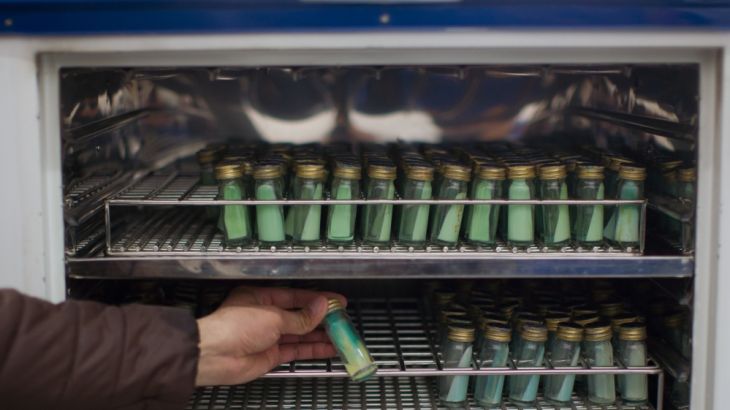
Is the world losing the fight against ‘superbugs’?
WHO says drug resistant infections are an “increasingly serious threat to global public health”.
The advent of antibiotics some 70 years ago heralded a breakthrough in the fight against infection.
They are used in the treatment of countless common diseases, from typhoid to tuberculosis, and malaria to pneumonia.
But over the years, the bugs and bacteria have been fighting back, to the point that they have become resistant to treatment.
The World Health Organization says so-called superbugs are now posing what it calls an “increasingly serious threat to global public health”.
Superbugs are estimated to contribute to at least 700,000 deaths a year.
But a report commissioned by British Prime Minister David Cameron has warned that a failure to treat drug resistant infections could see that figure soar to 10 million by 2050, costing the global economy some $100 trillion.
To make matters worse, no new antibiotics have been discovered in the last 30 years and very few antibacterial drugs are in development to tackle drug resistance.
Is the world losing the fight against superbugs? And can scientists avert a global medical emergency?
Presenter: Dareen Abughaida
Guests:
Keiji Fukuda – Assistant director-general of health security at the World Health Organization.
Shelly Batra – A doctor who founded Operation ASHA, a non-governmental organisation providing treatment for tuberculosis.
Ghada Zoubiane – Programme manager of infections at the UK Medical Research Council.